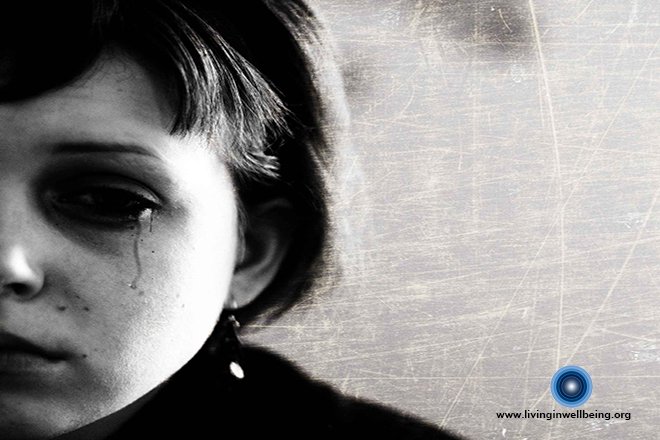
We will all experience grief at some time in our lives. Grief is a natural process of sadness, realisation and recuperation that is a necessary part of human life. When experiencing the first tumultuous waves of grief, you may find yourself questioning why human beings should have to go through such a painful emotional state. The answer is simply that, as human beings, we have a huge capacity to love. This is due in part to the human quality of empathy, which allows one to feel for another; to share in their pain and joy, to put yourself in their shoes, to identify with them. When we do this we feel connected to other people, as it shows us that a part of them is just like us, and a part of us is just like them. And so, when we lose those with whom we share a connection, we not only lose a person whom we loved dearly, but we also feel as though we have lost a little part of ourselves.
Looked at from a different angle, your ability to grieve shows that you have empathy and it proves that you can share joyous connections with other people. You have loved immensely, but you still have an infinite amount of love to give.
One of the positive ways in which grieving people have chosen to give their love and empathy a voice is through charitable works. Many famous charities today have been set up by people who have lost someone due to a specific disease or situation, and then decided to work towards eliminating or relieving those issues. Take for instance the Anthony Nolan Trust, founded by Shirley Nolan. Shirley's son Anthony died from a rare immune system deficiency in childhood that could have been treated with the help of a matching bone marrow donor. By the time of her sons death Shirley had collected a register of 30,000 potential donors, and today the registered charity has 320,000 names in the UK alone. Although the pain of losing her son is immeasurable and unquantifiable, her love of her fellow human being - namely the desire to prevent other mothers and children from experiencing her pain - has resulted in many lives being saved.
Positive change can also be instigated on a much smaller level. If you have lost someone to a disease, you may like to donate a small amount each month to a related charity. Or if you feel up to taking a more active role in fundraising, then you could consider such things as taking part in sponsored events, or raising money by holding a craft sale.
But it is also important to remember your lost one for who they were, not simply why they are no longer here. Honour the things that gave them joy, or the activities you shared together. If they had a favourite place, you could arrange a picnic with friends and family in their special spot. Or if they enjoyed motor racing, perhaps you could organise a day trip for local children to visit a go-cart track. In this way you can feel connected to them while also showing your love for others, all the while taking comfort from knowing that a part of them will always be with you.












